A Unique Organization
 Unique Organization
Unique Organization:format(webp):quality(65))
A Unique Organization in North America
SOPFEU is a non-profit organization established under Part III of the Companies Act. It was created in 1994 through a partnership between the Gouvernement du Québec and the forestry industry to serve as the government's operational arm in wildfire prevention, detection, and suppression. It emerged from the unification of seven regional conservation corporations that had been responsible for forest protection since 1972.
Unlike other wildfire protection agencies, SOPFEU is neither a private company nor a government entity. This unique model in North America provides significant agility and enables the organization to deliver high-quality, efficient services.
As outlined in its General Regulations, SOPFEU is governed by its general assembly of members and a board of directors composed of three representatives from the forestry industry, three government-appointed administrators, and three independent external administrators. Day-to-day management is overseen by a 13-member executive committee.
SOPFEU membership includes forestry industry stakeholders or organizations holding a wood supply guarantee or permit to harvest timber for processing, private forest owners with at least 800 hectares of contiguous land, and the Ministère de la Sécurité publique.
Designated by the Government of Québec
Historically, forest fire protection fell under the jurisdiction of the ministry responsible for forestry. However, as of January 1, 2025, SOPFEU’s mission has been transferred to the jurisdiction of the ministère de la Sécurité publique (MSP).
SOPFEU is now the sole organization designated by the ministère de la Sécurité publique for wildfire protection under Section 150.1 of the Fire Safety Act.
Under this law, SOPFEU is responsible for organizing the protection of communities, strategic infrastructure, and forested areas against wildfires within its designated territory. It operates in alignment with the policies and directives jointly issued by the ministère de la Sécurité publique and the ministère des Ressources naturelles et des Forêts.
To fulfill its mandate, SOPFEU develops a wildfire protection plan for its designated territory. This plan outlines the intensive protection zone and specifies the personnel, equipment, and resources allocated to safeguarding communities, infrastructure, and forests from wildfires.
Funding
Until 2018, SOPFEU’s funding was provided by both the gouvernement du Québec and its members, including the forestry industry.
The gouvernement du Québec now fully covers the costs incurred by the designated organization for wildfire suppression within the intensive protection zone. These funds come from the consolidated revenue fund. Additionally, through annual parliamentary appropriations, the ministère de la Sécurité publique allocates funding to SOPFEU for other activities related to its mandate.
In northern regions, SOPFEU’s operations are funded by partners, including the gouvernement du Québec, Hydro-Québec, and Indigenous Services Canada.
SOPFEU also generates independent revenue by providing services to third parties, including missions outside Québec.

:format(webp):quality(65))
:quality(65))
:quality(65))
:quality(65))
:quality(65))
:quality(65))
:quality(65))